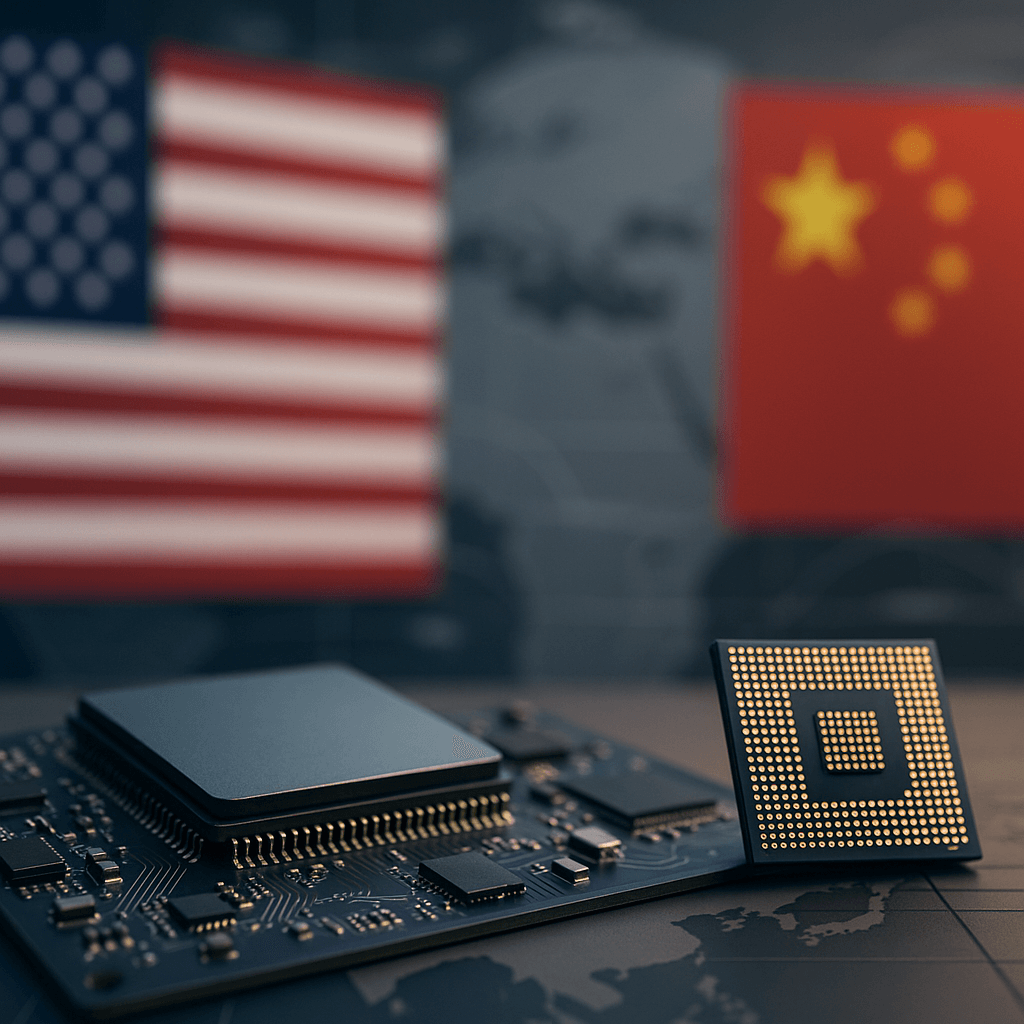The US semiconductor industry weathered a storm of political upheaval, regulatory whiplash, and corporate restructuring in 2025. From Intel's leadership crisis and government bailout to Trump's flip-flopping chip export policies that cost Nvidia billions, the year exposed how deeply intertwined Silicon Valley has become with Washington's geopolitical chess game against China.
The year began with Joe Biden making one last swing at China's AI ambitions. Just a week before leaving office in January, Biden proposed sweeping export restrictions on US-made AI chips, creating a three-tier system that would fundamentally reshape how Nvidia, AMD, and other chipmakers do business globally. The plan never survived Trump's return to power.
Anthropic CEO Dario Amodei had endorsed those restrictions in a Wall Street Journal op-ed, arguing they were keeping China's AI capabilities behind America's. But by May, the Trump administration formally killed Biden's 'Framework for Artificial Intelligence Diffusion' just days before it was set to take effect, signaling a different approach to chip diplomacy.
The policy chaos created billions in corporate casualties. Nvidia disclosed in April that new licensing requirements on its H20 AI chips - designed specifically for the Chinese market - would cost the company $5.5 billion in Q1 charges alone. The company later projected an $8 billion revenue hit in Q2 from export restrictions, according to SEC filings.
CEO Jensen Huang wasn't taking the losses sitting down. Reports surfaced in April of Huang dining at Trump's Mar-a-Lago resort, and NPR noted he may have negotiated to spare his H20 chips from further restrictions by agreeing to invest in US AI data centers. By July, Nvidia was filing applications to restart H20 chip sales in China and announcing a new RTX Pro chip designed specifically for that market.
Intel faced its own existential crisis throughout the year. The company appointed industry veteran Lip-Bu Tan as CEO in March, with Tan immediately promising to make Intel an 'engineering-focused company' again. He wasted no time, announcing plans in April to spin off non-core business units and launch custom semiconductor services.
But Tan's China connections quickly drew political fire. Trump demanded Tan 'resign immediately' in an August Truth Social post, citing unspecified 'conflicts of interest.' The attack came after Republican Senator Tom Cotton questioned Tan's China ties in a . Despite the pressure, Tan survived and even met with Trump at the White House in August, with both sides calling the conversation 'productive.'
